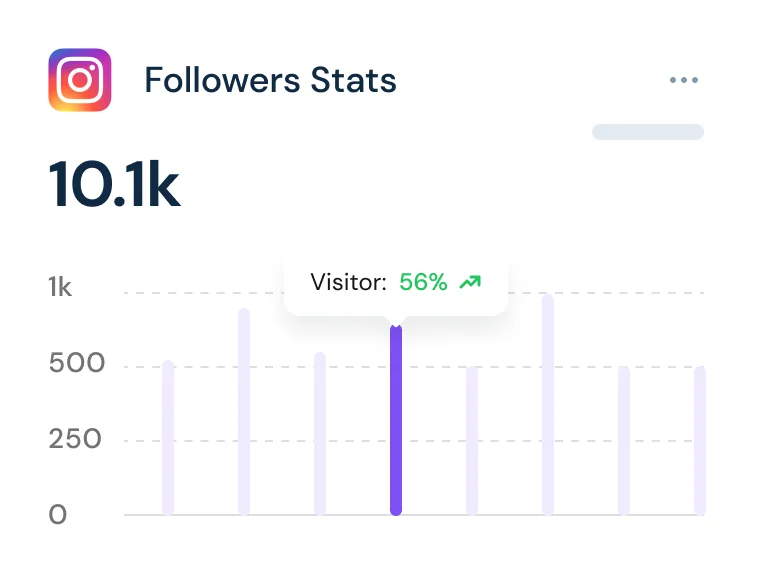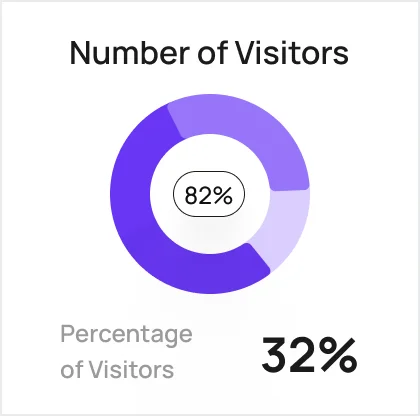Display Advertising: The Ultimate Guide
Elevate Your Brand:
Dive into the Dynamic World of Display Advertising!
In the dynamic world of digital marketing, display advertising stands out as a visually engaging and effective strategy to connect with audiences worldwide. As BannerCrowd navigates through the intricacies of this digital advertising form, it’s crucial to understand its fundamentals, targeting processes, management techniques, network essentials, various types, and practical examples.

1. Understanding Display Advertising
Display advertising, a cornerstone of digital marketing, involves using visually appealing formats like banner ads, videos, and rich media to advertise products or services on websites, apps, and social media. As digital ad spending surpasses USD 333 billion, understanding display ads’ mechanics and appeal becomes imperative.

The basics
2. The Art of Targeting in Display Advertising
Targeting is the heartbeat of display advertising. It involves identifying and reaching specific audience segments based on criteria such as age, gender, interests, and browsing behavior.
The process includes:
Demographic Segmentation
Categorizing audiences based on age, gender, and interests.
Topic Selection
Focusing on specific website categories or topics that align with the business.
Interest-based Advertising
Leveraging user search behavior to present relevant ads.
Keyword Targeting
Aligning ads with relevant keywords associated with the product or service.
Placement Strategy
Choosing specific websites or webpages for ad placement.
Retargeting
Engaging users who have previously interacted with the brand.
Engage, Impress, Convert
3. Types of Display Advertising
Display advertising diversifies into several types, each with unique characteristics and purposes:
Banner Ads
These are the most recognizable form, often placed at strategic positions on webpages.
Rich Media
Involving interactive elements like video, audio, and clickable features, rich media ads aim to increase engagement.
Interstitial Ads
Full-screen ads that appear before a user reaches their intended webpage.
Video Ads
Utilized on platforms like YouTube and Instagram, these ads are more costly but highly engaging.
4. Managing Display Advertising
Effective management of display advertising involves monitoring key performance indicators (KPIs) to ensure optimal return on investment (ROI).
These KPIs include:
- Reach: The unique number of users who have seen the ad.
- Impressions: The number of times an ad is displayed.
- Click-Through Rate (CTR): The ratio of ad clicks to impressions.
- Conversion Rate: The percentage of users who take the desired action after clicking the ad.




Networks
5. Display Advertising Networks
The backbone of display advertising management, networks like Google Display Network, provide platforms to distribute ads across various channels. They offer features like audience targeting, retargeting capabilities, and automated optimization for better performance and cost efficiency.
For effective display ad management, consider this
6. Getting Started with Display Ad Management
Clear and concise ad copy
Keep ad copy brief yet impactful, focusing on key messages and calls-to-action to quickly engage and inform viewers.
Consistent design and color schemes
Utilize brand-aligned color schemes and design elements to create visually appealing ads that enhance brand recognition and coherence.
Selection of appropriate ad formats
Choose ad formats wisely, balancing creativity and simplicity, to effectively communicate the message without overwhelming the audience.
The advantages of display advertising are numerous
7. Benefits of Display Ads for Marketers
Visual Appeal
The graphic nature of display ads allows creative flexibility.
Variety
Offers a range of formats from traditional banners to innovative rich media.
Targeted Reach
Advanced targeting capabilities ensure ads reach the intended audience.
Retargeting and Analytics
Allows brands to re-engage with interested users and track ad performance through tools like Google Analytics.
The Future is Here with Page Context AI
Page Context AI, a patent-pending AI technology developed by BannerCrowd, is redefining the future of contextual advertising. This innovative tool allows for the creation of deeply personalized user experiences, targeting niche categories and engaging users in a manner that traditional targeting methods cannot match.
Frequently Asked Questions (FAQs) on Display Advertising
Capture the Click: Transforming Views into Value with Display Ads
Display advertising is a form of online marketing where visual ads, like banners, videos, and rich media, are used to promote products or services on various digital platforms including websites, social media, and apps.
Display ads target audiences through demographic segmentation, keyword matching, topic selection, specific web placement, interest-based targeting, and retargeting, ensuring ads reach the most relevant audience.
The main types include banner ads, rich media, interstitial ads, and video ads, each offering unique ways to capture audience attention and engagement
Key performance indicators (KPIs) like reach, impressions, click-through rate (CTR), and conversion rate are essential for measuring the success and ROI of display advertising campaigns.
Display ad networks, such as the Google Display Network, serve as platforms connecting advertisers with websites, helping manage ad distribution, targeting, and optimization across various channels.
An effective campaign is marked by clear, concise copy, visually appealing and brand-aligned design, and a well-chosen mix of ad formats that resonate with the target audience without overwhelming them.
Yes, display ads are highly effective for retargeting, allowing advertisers to re-engage with users who have previously interacted with their website or shown interest in their products or services.
Display advertising is versatile and can be adapted to suit a wide range of businesses, from small startups to large corporations, across various industries.
Display advertising is more visually oriented and allows for creative storytelling, making it more suited for building brand awareness and visual appeal compared to text-based ads like PPC.
Absolutely. Display ads can be effectively integrated with other marketing strategies like content marketing, social media, and email campaigns for a cohesive marketing approach.
Grow your business today
Get ready to skyrocket your conversions
Data-Driven, Result-Oriented: Elevate Your Campaigns with Smart Programmatic Tactics!